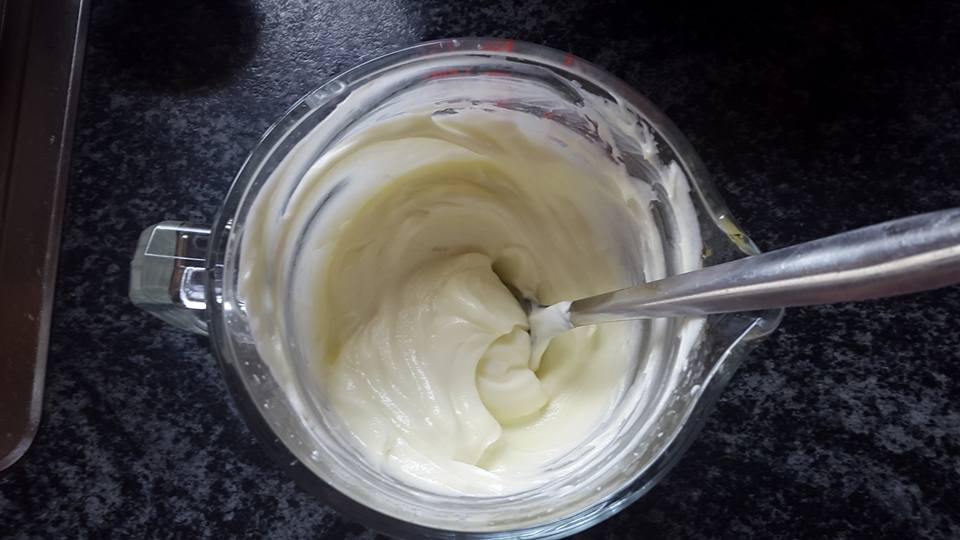Sun Protection Essentials: Ingredients for DIY Sunscreen Formulation
Protecting your skin from the harmful effects of the sun is essential for maintaining its health and youthful appearance. While commercial sunscreens offer convenient sun protection, crafting your own sunscreen at home allows you to customize the formula to suit your skin’s unique needs and preferences. Here’s a list of key ingredients for DIY sunscreen formulation that provide effective sun protection:
- Zinc Oxide: A mineral sunscreen agent that provides broad-spectrum protection against both UVA and UVB rays. Zinc oxide is a physical sunscreen ingredient that works by sitting on top of the skin to deflect and scatter UV radiation.
- Titanium Dioxide: Another mineral sunscreen ingredient that offers broad-spectrum UV protection. Like zinc oxide, titanium dioxide creates a physical barrier on the skin to block UV rays.
- Carrier Oils: Select carrier oils with natural sun protection properties to moisturize and nourish the skin while providing additional UV protection. Certainly! Here’s a list of carrier plant oils that naturally contain SPF (Sun Protection Factor) properties, making them excellent additions to natural cosmetics formulations for sun protection:
- Red Raspberry Seed Oil: Rich in antioxidants and vitamin E, red raspberry seed oil has an SPF ranging from 28-50, making it one of the highest naturally occurring SPF oils. It helps protect the skin from UVA and UVB rays while providing hydration and nourishment.
- Carrot Seed Oil: Carrot seed oil contains carotenoids, which have natural SPF properties and help protect the skin from sun damage. It also has antioxidant and rejuvenating properties, making it beneficial for sun-exposed skin.
- Wheat Germ Oil: Wheat germ oil is rich in vitamin E, which acts as a natural antioxidant and provides some level of sun protection. It helps nourish and moisturize the skin while offering mild UV protection.
- Jojoba Oil: Although jojoba oil has a low SPF of around 4, it can still provide some level of sun protection due to its natural composition. It’s rich in vitamin E and has soothing properties that help protect and moisturize the skin.
- Coconut Oil: Coconut oil has a natural SPF of about 2-8, providing minimal sun protection. While it may not offer high SPF on its own, it can be used as a base oil in sun care formulations to provide moisturization and enhance the spreadability of other sunscreen ingredients.
- Soybean Oil: Soybean oil contains vitamin E and antioxidants, which can help protect the skin from UV damage. While it may not have a high SPF on its own, it can be used in combination with other oils to enhance sun protection in natural cosmetics.
- Avocado Oil: Avocado oil contains vitamins A, D, and E, as well as antioxidants that help protect the skin from sun damage. While it does not provide significant SPF on its own, it can contribute to the overall sun protection of natural cosmetics formulations.
- Olive Oil: Olive oil contains antioxidants such as polyphenols and vitamin E, which provide some level of sun protection and help protect the skin from UV-induced damage. It can be used as a moisturizing ingredient in sun care formulations.
When using carrier oils with natural SPF properties in cosmetic formulations, it’s essential to keep in mind that they may not offer sufficient sun protection on their own and should be combined with other sunscreen ingredients like zinc oxide or titanium dioxide for adequate UV protection. Be conscious of sun exposure , your skin will tell you when to go the shade, wear a tshirt . Basically remove yourself from the sun in the right moment so your skin will build a natural tolerance to the sun gradually.
Some oils, such as red raspberry seed oil and carrot seed oil, karanja oil, sea buckthorn, jojoba oil, tamanu oil, sesame oil, rosehip oil, buriti oil, argan oil contain antioxidants and natural SPF properties.
- Antioxidants: Incorporate antioxidants like vitamin E, green tea extract, and grape seed extract into your sunscreen formulation to help neutralize free radicals generated by UV exposure and reduce oxidative damage to the skin.
- Emollients and Moisturizers: Include hydrating ingredients such as shea butter, coconut oil, and jojoba oil to keep the skin moisturized and prevent dryness caused by sun exposure.
- Essential Oils: for after sun ONLY. Choose essential oils with soothing and anti-inflammatory properties to calm the skin and provide a pleasant scent. Lavender, chamomile, and helichrysum essential oils are popular choices for sun care formulations.
- Beeswax or Emulsifying Wax: Use beeswax or emulsifying wax to create a stable emulsion in your sunscreen formulation, ensuring that water-based and oil-based ingredients are properly blended together.
- Preservatives: Incorporate broad-spectrum preservatives to prevent microbial growth and extend the shelf life of your homemade sunscreen. If your formula is oil-based (anhydrous) with no water you do not need the use of preservative. Learn how to make oil-based products in my beginners online course
- Natural Colorants: If desired, add natural colorants like cocoa powder or mica to give your sunscreen a tinted or shimmering finish. This can help reduce the appearance of white cast often associated with mineral sunscreens.
- Soothing extracts : oryzanol, bisabolol, oat, aloe, bring calmness and freshness to the skin while exposed to the sun
When formulating your DIY sunscreen, it’s crucial to accurately measure and blend the ingredients to achieve the desired SPF (Sun Protection Factor) and ensure even distribution of sun protection across the skin. Additionally, perform a small patch test before applying the sunscreen to larger areas of the body to check for any potential irritation or allergic reactions. By harnessing the power of these sun protection ingredients, you can create a personalized sunscreen that not only shields your skin from the sun’s harmful rays but also nourishes and enhances its overall health and appearance.
